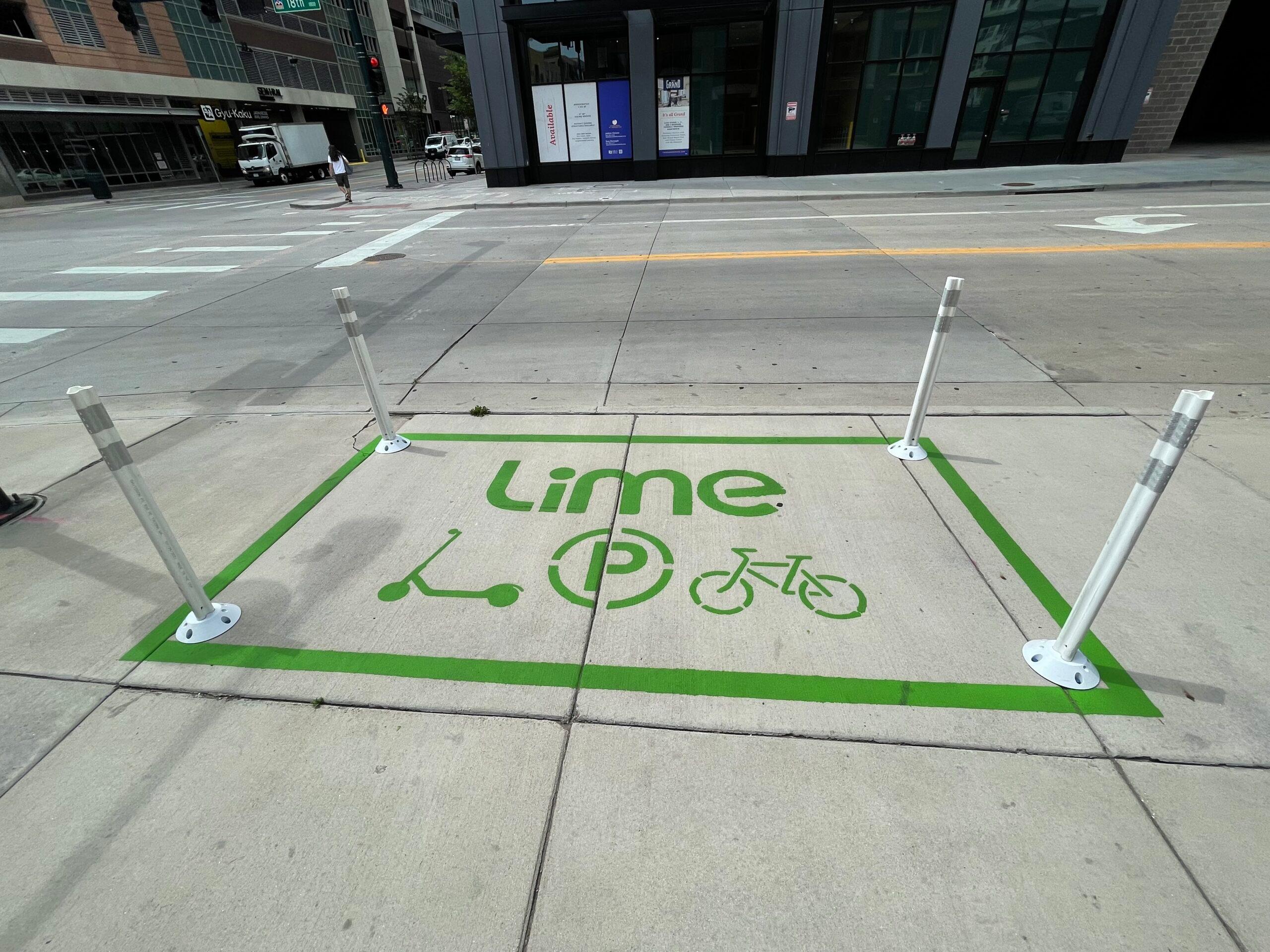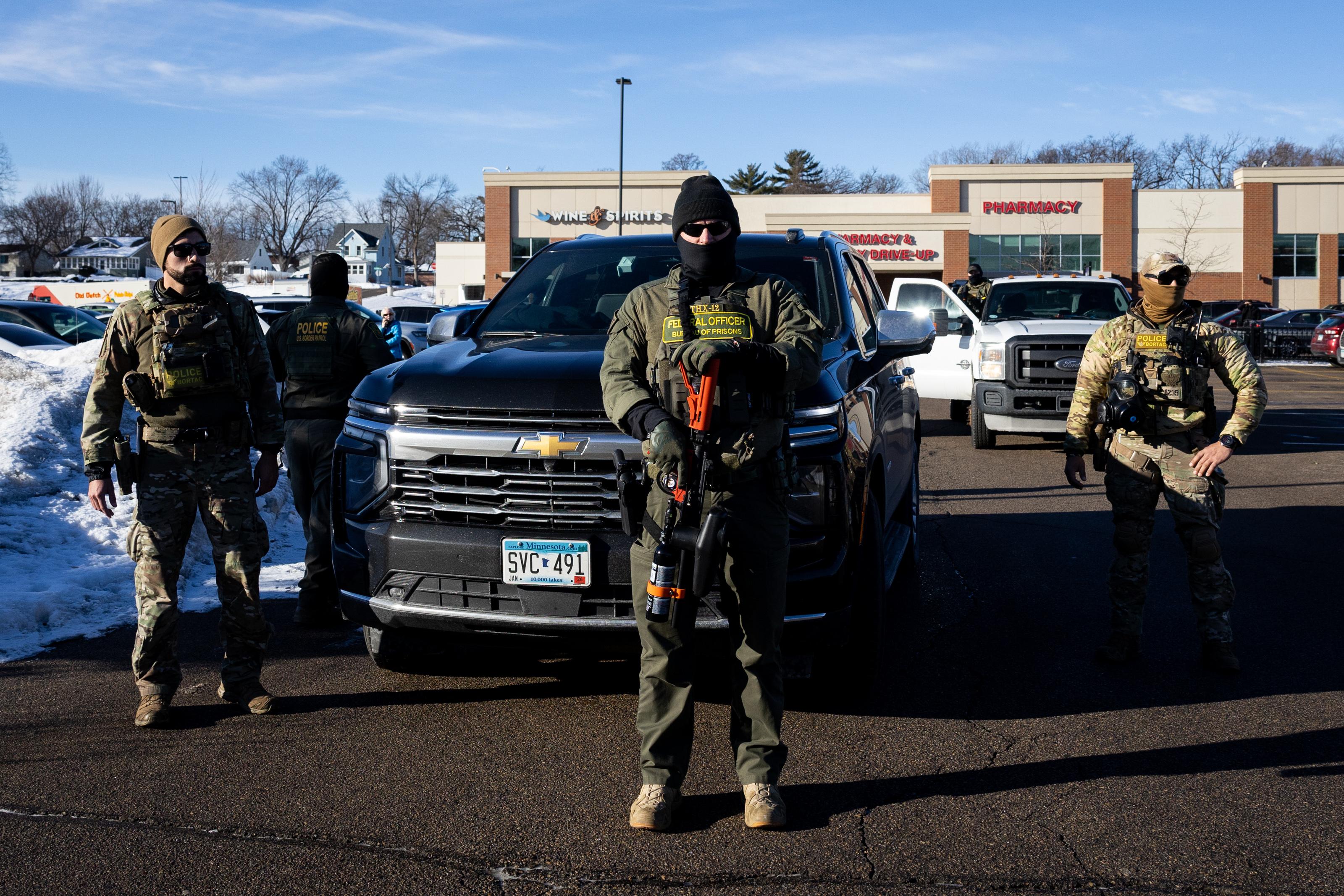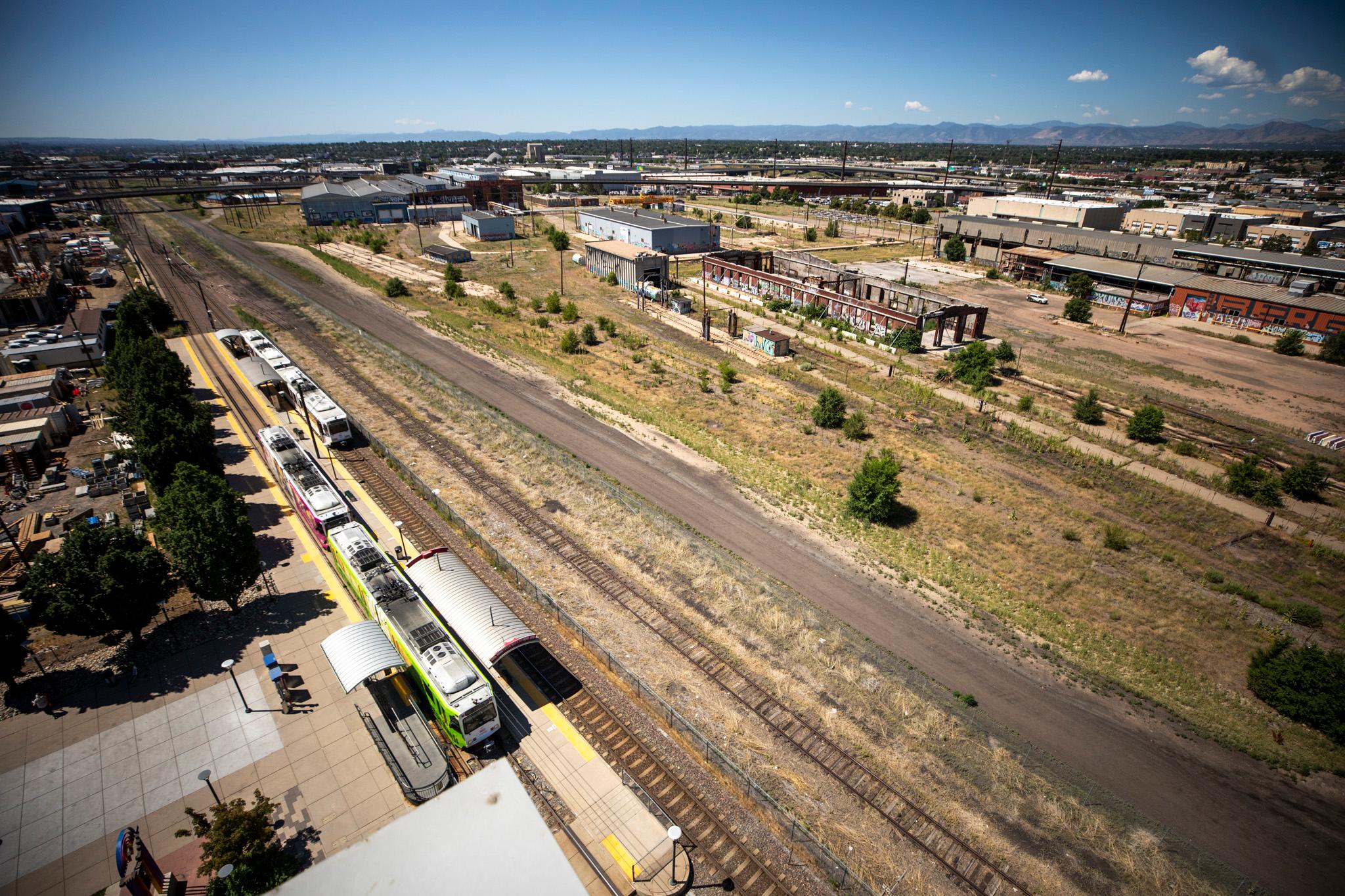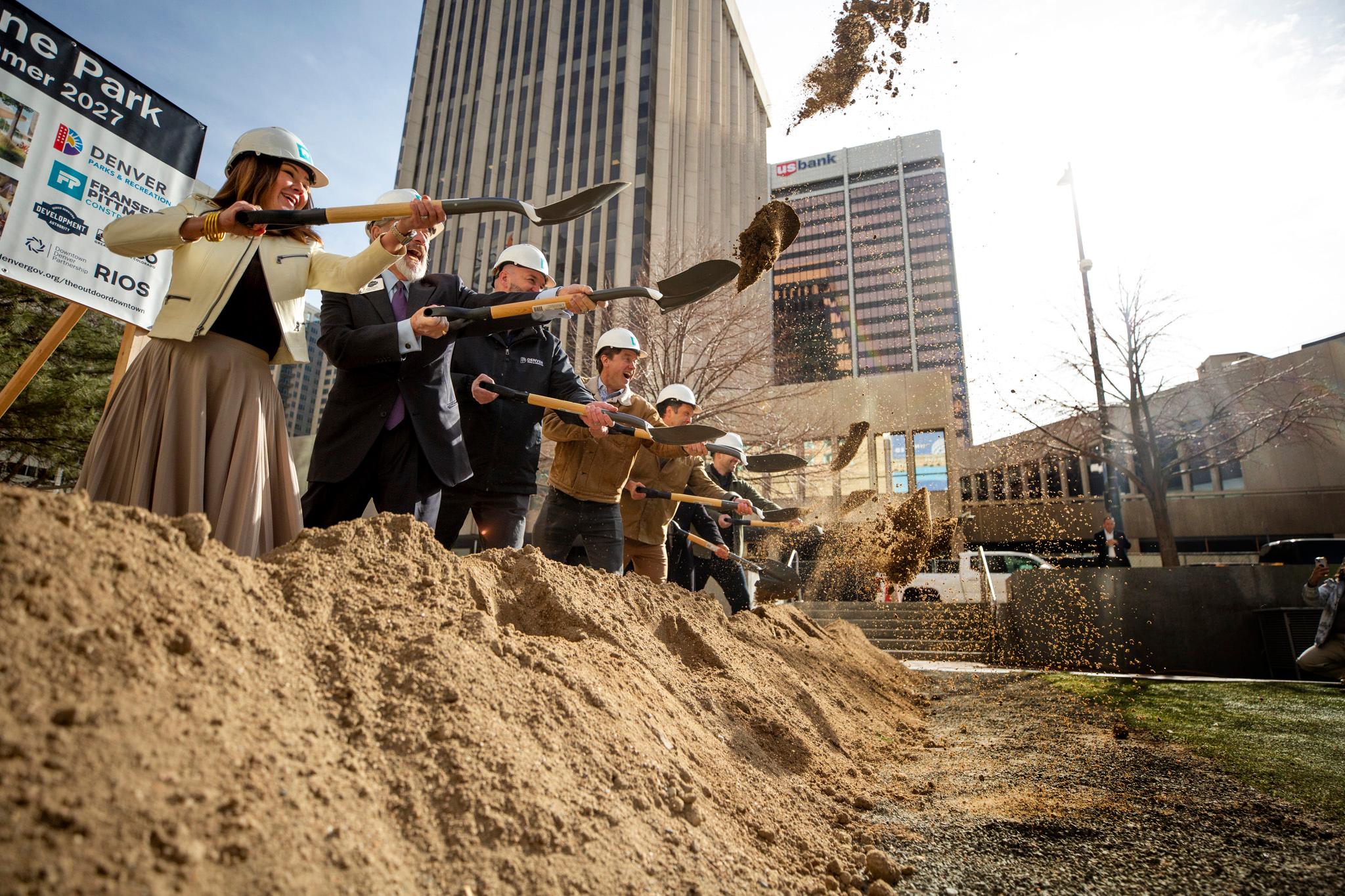By next summer, Denver may have significant new limits on how and where rented scooters and bikes can be used and parked. The city could also force riders to have mandatory education and continue to issue tickets when riders break safety and parking rules.
The city’s Land Use, Transportation and Infrastructure committee voted to send Denver’s latest attempt to regulate rental scooters to a full Denver City Council vote by June.
Councilmember Chris Hinds, who has been pushing for scooter reform for several years, describes the change in the law as a policy to save lives. Last year, the city saw more than 6.6 million micromobility rides on rented bikes and scooters.
“People are dying because of micromobility crashes,” said Hinds.
Here’s how the new rules would work.
Hinds said the city should offer both carrots and sticks — a mix of education and punishment for violations of the law.
The rules would:
- Require that rented scooters and bikes be parked in corrals in high-density areas.
- Require scooter riders to take a test to show they understand the rules of the road.
- Ensure scooter companies equip their scooters with sidewalk detection technology that could automatically slow scooters or otherwise penalize sidewalk riders
- Offer 5 percent of their fleets to people with disabilities.
- Force companies to provide educational materials and data on scooter use and safety.
- Create fines for improper scooter use.
Cities including Chicago, New York and Charlotte have passed similar rules. The city of Denver is already working with Lime on mandatory parking zones around Union Station, Hinds said. Additionally, sidewalk sensing technology is already required in cities like Chicago, where a Lyft-operated program has included it since 2023. Chicago also has mandatory parking zones.
Next year, scooter companies will be renewing their contracts with the city. Hinds hopes council passes the rules soon so the companies will have time to get in compliance.
If passed, the bill would not go into effect until July 1, 2026 – a sore spot for some downtown residents who want change now.
What does the public say?
Multiple downtown Denver residents spoke to the council committee about their fears of being hit while walking on the sidewalk in the city center. They argued scooters endanger residents – especially people with disabilities and limited mobility.
“We want people [on scooters] to get off the sidewalks,” said David Roberts, the president of the Lower Downtown Neighborhood Association. “We want control of speeds to a reasonable level. And let's put scooters back where they belong.”
Pedestrian activist Alejandra Castañeda urged the city to look at the big picture and not just blame scooters for problems. She noted that many of the people who use scooters don’t have other transportation options.
“Scooters and bikes are an invaluable mobility tool for teens and party goers, helping to keep inexperienced or impaired drivers away from our roadways,” Castañeda said. “They also support transportation equity and access, offering much-needed first-and-last-mile connections to transit stops.”
She pushed the city to think about how better road design could make life safer for micromobility users and pedestrians alike.
Scooter rules have long been confusing, and this is far from the first time the city has tried to pass safety laws.
In previous years, the council briefly banned dockless scooters altogether. Then it voted to consider scooters a toy that must be ridden on the sidewalks. Soon after, the city reversed its rules and decided scooters were not toys and must be ridden on streets.











